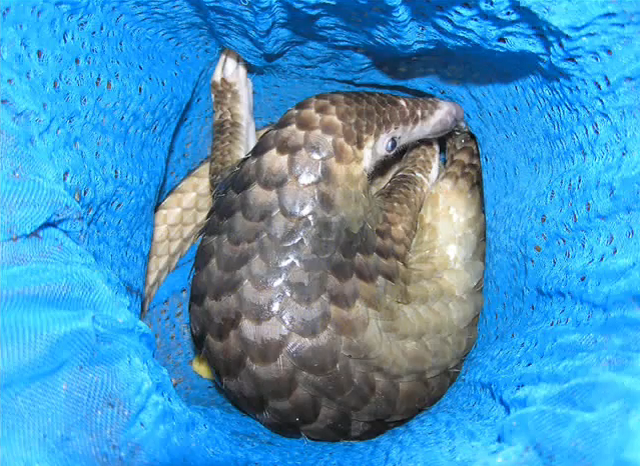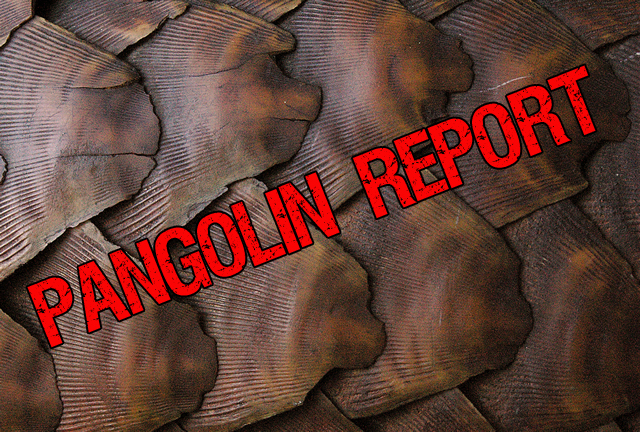Are pangolins being farmed for China’s traditional medicine industry?

We’ve uncovered disturbing information which strongly suggests that “medicinal use” pangolin farms are already operating in China.
Good news: As a result of our recent story about pangolin products being sold on China’s top eCommerce website, Alibaba, we were contacted by a representative of the company who informed us that the pangolin pages have now been removed from the site.

A Chinese national identified as Yefan Huang has been arrested by authorities in Palawan, Philippines. Huang is believed to be responsible for slaughtering hundreds of pangolins (scaly anteaters) in order to profit from the thriving illegal trade in this species.
01/13/2012: Check out the update on this story here.

As of this writing, the above could be found here: http://www.alibaba.com/product-gs/499471942/Pangolin_Scales.html
A search for the term “pangolin” on a major eCommerce website yields some shocking and appalling results: The endangered animals’ flesh and scales are openly listed for sale.
And if that’s not shocking enough, who owns the website may be even more disturbing. Read more
Updated with new information on 6 August, 2012.
The year 2011 saw a minimum of 58 pangolin seizures reported by media and wildlife trade-monitoring networks, TRAFFIC and Southeast Asian Nations Wildlife Enforcement Network (ASEAN-WEN).
The incidents spanned across more than fourteen different countries in East and Southeast Asia, France, and numerous African nations.

A wild goose chase on the high seas off Sabah, Malaysia and a high speed car chase in Vietnam over the past week have yielded over 1,000 pangolins destined to be consumed as a delicacy or crushed into ‘medicine’.

The endangered Sunda pangolin is the only species of scaly anteater found in Cambodia, but alarming declines in their numbers have conservationists, scientists, and wildlife managers questioning just how much longer this nation will have any to call her own.
TRAFFIC Southeast Asia is one of the world’s most important voices for pangolins. Based in Kuala Lumpur, this regional office of TRAFFIC monitors wildlife trade in Cambodia, Brunei, Timor Leste, Indonesia, Laos, Malaysia, Myanmar, Philippines, Singapore, Thailand and Viet Nam.